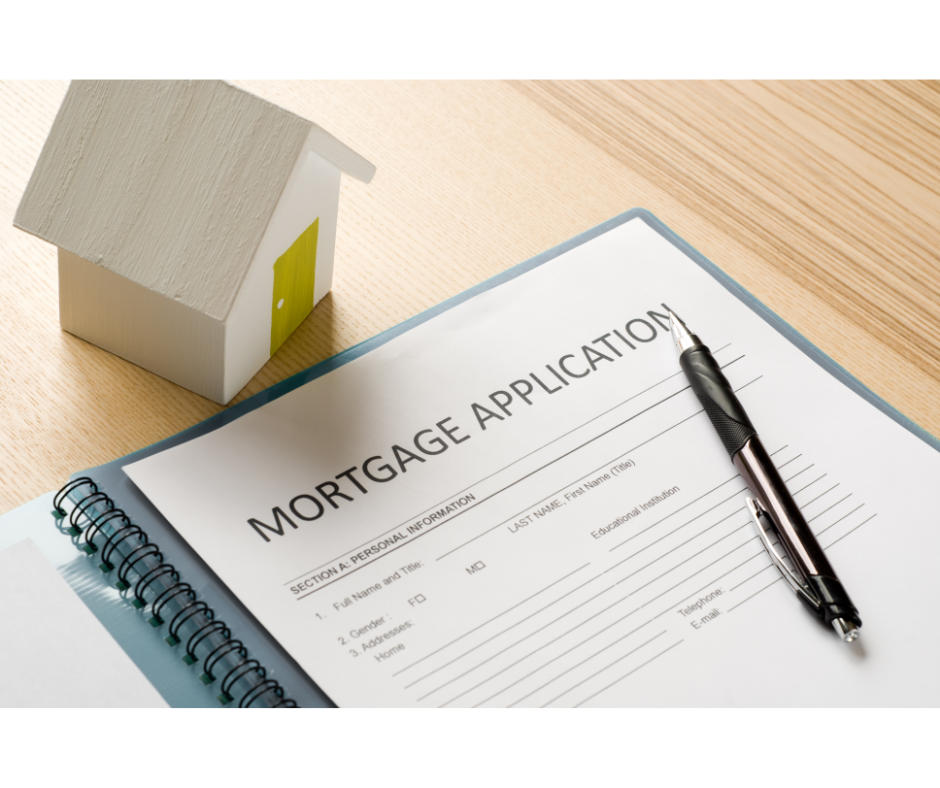Gaining Perspective on the Mortgage Process
When you’re shopping for a home, the fun part is looking at all the different real estate listings and trying each one on for size in your mind.
The hard part, of course, is making all the choices involved in selecting a mortgage product.
That’s why we wanted to help you gain some perspective on the process, so you have a handle on the terms and phrases you might hear and know where you’re headed before you make the leap.
Here are five key things to know:
You should shop around to find the best rate.
These days, mortgage rates are looking dramatically better than they were back in the early 1980s, when they hit a historic high of 18.45 percent. Scary. And probably makes you breathe a sigh of relief that you are home shopping today.
Toby Daniels, vice president / Hadley branch manager, says the rate conversation is generally an easy one at Florence Bank. “We typically have one of the best rates in the area. We want to be below market to be very competitive,” he says. “That’s the majority of my rate conversations—quick and easy.”
Fortunately, we’ve come a long way since 1981, but rates will always rise and fall. And they can change in a flash. Don’t let a rate change take you by surprise and limit your options; learn about our pre-approval program with rate lock.
You can choose a fixed rate versus an Adjustable Rate Mortgage (ARM).
A fixed-rate mortgage is just as it sounds; the rate you have when you sign your mortgage is the same one you’ll have 10, 20 or 30 years later, when you make your last payment.
With an ARM, the rate is fixed for a set time—five years at Florence Bank—and then it rises or falls with the market. ARMs are, therefore, a riskier product for homebuyers. There is typically a six percent cap on how high the rate can rise or fall during the lifetime of the loan, though, and annually, it can’t rise or fall by more than two percent.
Toby says because ARMs carry some risk, most people want a mortgage with a fixed rate. They can be secured for 10, 20 or 30 years, with the latter being the most common.
Susan Seaver, our vice president / mortgage loan officer, says an ARM could be worth the risk for select homebuyers, such as those who know they will move within five years or people who have an inkling that they may be poised to receive a financial gift or inheritance. “With some scenarios, an ARM works well,” she says.
You will likely also pay pricing adjustments—or “points”.
When a mortgage officer offers you a mortgage rate, you should know that the rate you will actually secure could be higher, depending on your credit score, the amount of your down payment, whether you are buying or refinancing and what type of property you are purchasing—single-family home or multi-family or a condo. Borrowers often pay loan-level pricing adjustments in the form of higher mortgage rates or additional closing costs.
“When customers see a rate advertised, like 4.75 at 30-year fixed, that’s a base rate,” Susan explains.
Pricing adjustments, called “points,” can get added after all factors are considered. A buyer making a twenty percent down payment with a credit score of 740 who is buying a single-family home might pay only a half point, while those with less to put down and a lower credit score, could pay more in points.
Those factors affect the rate in the same way that a driver’s record affects the cost of his or her car insurance, Susan explains.
Depending on the amount of your down payment, you may have to pay private mortgage insurance.
Private mortgage insurance, called PMI, is another additional cost that mortgage holders will take on if they cannot put at least 20 percent down on their home. The PMI protects the lender in the case of a loan default; it does not protect the buyer, necessarily.
The actual calculation for PMI is based on the buyer’s credit score, the number of buyers and the amount of money applied as a down payment, whether it be five percent or 15. With a mortgage of $200,000 and buyers with good credit, PMI could be roughly $70 a month.
“It has to be factored into the budget,” Susan says, adding, “The cost of PMI can be significant if one or both buyers have a low credit score.”
Closing costs must be paid in cash.
One new and dire fact of home mortgages is the rising cost of closings. While once a mortgage closing procedure could add $3,000 to $5,000 onto the cost of buying a home, attorney fees and other related costs now add more like $8,000 to $11,000.
And homebuyers are often unprepared for the fact that these costs can only rarely be added into a mortgage, as they once were. “They need to come prepared with cash to pay,” Toby says.
Learn more.
Homebuyers looking for a mortgage for the first time would benefit from homebuyer counseling, and there are many programs available at local agencies such as Wayfinders.
These organizations offer workshops in which a series of speakers cover topics that range from securing a mortgage to the home inspection to home insurance and closing costs.
If you want to start your search for a home and still have questions, please stop into a branch or call our Customer Service Center at 413-586-1300 to speak to a Mortgage Specialist today.
We are always here to help.


